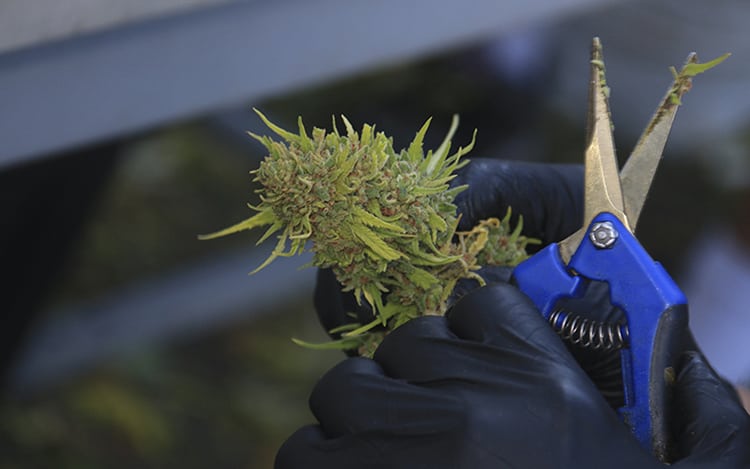Most will agree that cannabis is a highly-regulated industry. This is true for all jurisdictions and applies to both medical marijuana and adult-use programs. But marijuana rules and regulations seem to constantly change. So how do cannabis businesses stay compliant and adapt to the shifting legal and regulatory landscape?

I always recommend starting with those that are responsible for implementing the rules and regulations—the regulators (mount up). Having a professional relationship and open communications with the regulators is crucial to the success of any cannabis-related business, particularly dispensaries. Adverse or defensive relationships will do little to advance your interests and can have unintended consequences that end up hurting your business.
The cannabis industry is still growing, which means it will experience growing pains. The same is true for those that are charged with regulating the industry. Having solid communications with the regulators provides the industry with an opportunity to educate them on issues they might not fully understand. Again, everything boils down to good communication.
By way of example, a recent issue in Arizona has been the extent of notice given by the Department of Health Services for dispensary and cultivation facility inspections. Many dispensaries were receiving notices with 30-day inspection windows. In other words, the Department would provide notice and conduct its inspection on any day within the 30-day window.
Understandably, many dispensaries argued that the 30-day inspection notices were not permissible under the plain language of the code. Except for inspections related to reports of noncompliance, the rules provide that inspections “shall occur at a date and time agreed to by the dispensary and the Department that is no later than five working days after the date the Department submits a written request… unless the Department agrees to a later date and time.” A.A.C. § R9-17-309(B).
From the dispensary’s point of view, a 30-day window is not practical. Indeed, many dispensaries have specific policies and procedures for such inspections and even require a designated compliance officer to be on-site for same. From the Department’s point of view, inspections should not be scheduled for an exact date and time because it gives dispensaries an opportunity to “game” the system (my words, not theirs). However, under A.C.C. § R9-17-309(D), it appears that unannounced inspections are only permissible in circumstances related to reports of noncompliance.
Under the leadership of the Arizona Dispensary Association, a handful of dispensaries brought these concerns to the attention of the Department. After an open discussion, it was agreed upon by the Department that it would request 3-5 days of availability and conduct inspections on any of those days. The compromise resulted in more certainty for dispensaries so as to make it more practical to coordinate inspections, with the Department retaining its ability to conduct as much of a surprise inspection as possible.
The moral of the story: even if the regulators disagree with you at the end of the day, it makes zero sense to waste an opportunity to respectfully engage in a well-thought debate. Doing so will pay dividends in the long run and foster credibility between your business and the regulators.




